The views expressed in our content reflect individual perspectives and do not represent the authoritative views of the Baha'i Faith.
You probably would’ve liked Eduardo Vieira. Most people did. A distinguished, warm, friendly man, he was “well educated, charming, liberal-minded and profoundly spiritual.”
Born in Portuguese Guinea, now Guinea Bissau, West Africa–a country where Sunni Islam and Catholicism are the main religions, and where most people believe in some form of animism–Eduardo was well-liked amongst his people. He held a prominent governmental position, one that allowed him to welcome important visitors to his capital city of Bissau. His spirituality made him a natural choice to become a member of his church council. He was a family man. He and his wife, Tania, parented seven children.
But Eduardo’s success would change suddenly, when a series of events plummeted Vieira and his family into a maelstrom.
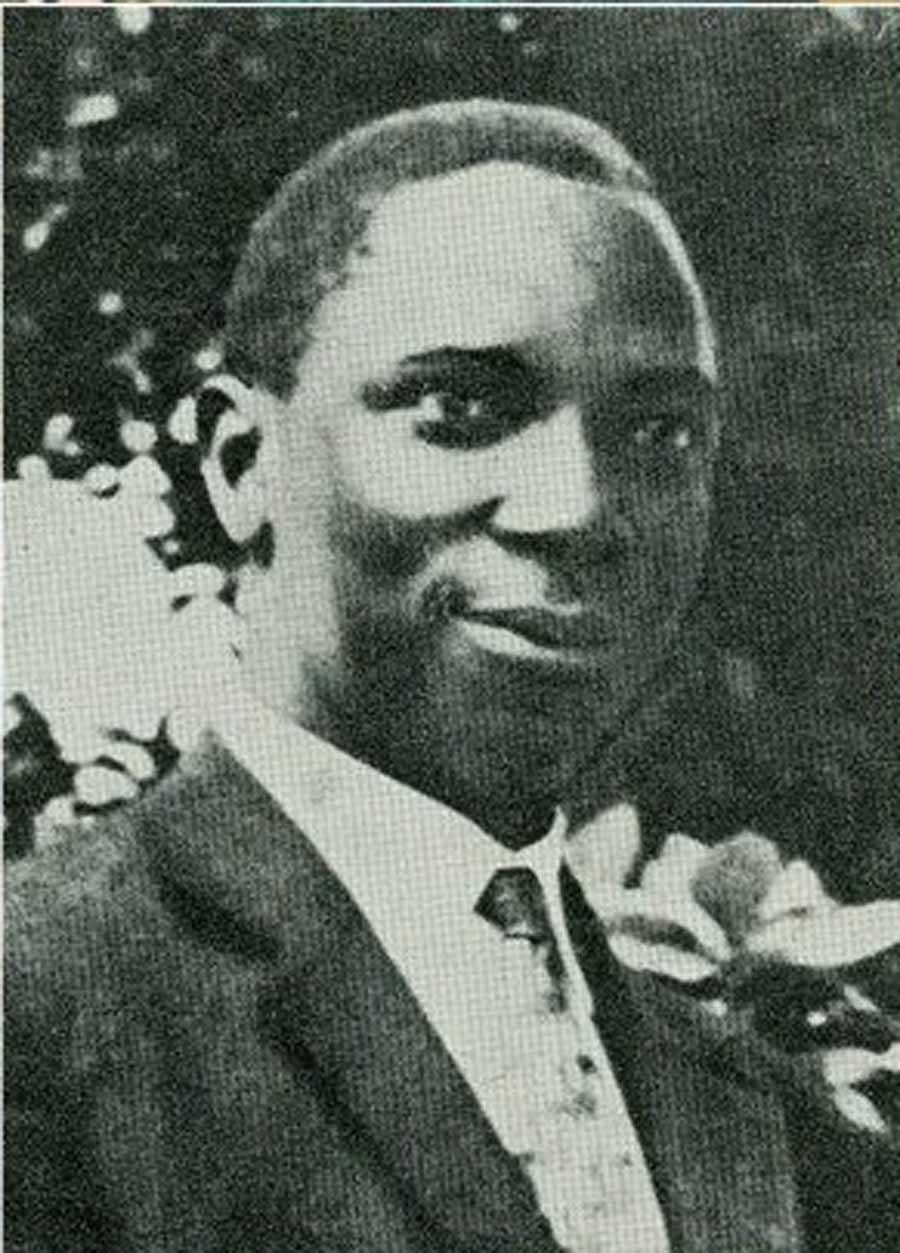
Eduardo Vieira
Sometime during the late 1950s or early 1960s, Vieira encountered the teachings of Baha’u’llah during a short trip to Lisbon, Portugal. Embracing the Baha’i Faith, his knowledge, enthusiasm, and staunch belief radiated and grew. Returning to his native soil, Vieira not only severed his ties with his church, but outwardly began to tell others about the exciting new teachings he had discovered.
His wife, after study, prayer, and meditation, also became a Baha’i. A Baha’i community of fifteen members was soon established in Bissau, as well as a small Baha’i center in its suburbs. Urged by the clergy to apostatize his newly-found Faith, Vieira refused to comply. As a result, he was dismissed from his governmental post and deprived of the benefits and privileges he had enjoyed.
Needing to support his family, he established a travel agency and a consulting business as a legal advisor. But all was not well. Strangely, his application for a visa was denied, a visa he needed to attend the Baha’i World Congress in London in 1963. Vieira’s great disappointment did not stop him from continuing to teach his beloved Faith to others, though.
Intrigues continued. Sensing his charisma and spiritual power, the clergy continued to oppose Vieira. His house was raided. His Baha’i materials were seized. His correspondence was intercepted. He was forbidden from holding Baha’i meetings in his home. Arrested on trumped-up charges several times, he was brutally beaten. In spite of being victimized, these actions served to increase his faith, confirming these words of Abdu’l-Baha:
To the loyal soul, a test is but God’s grace and favour; for the valiant doth joyously press forward to furious battle on the field of anguish, when the coward, whimpering with fright, will tremble and shake. So too, the proficient student, who hath with great competence mastered his subjects and committed them to memory, will happily exhibit his skills before his examiners on the day of his tests. So too will solid gold wondrously gleam and shine out in the assayer’s fire.
It is clear, then, that tests and trials are, for sanctified souls, but God’s bounty and grace, while to the weak, they are a calamity, unexpected and sudden. – Abdu’l-Baha, Selections from the Writings of Abdu’l-Baha, pp. 181-182.
Accused of “subversive political activity,” Vieira’s final arrest came in the spring of 1966. Mrs. Vieira told about the sequence of fateful events:
At about 4 a.m. on March 11 the police suddenly broke into the house and ordered my husband to keep quiet and not to move. After a thorough search of the house they permitted him to change his clothes and they took him away. We could not have contact with him. Even when we were permitted to take him some food through the help of the prison physician we were not allowed to see him. About ten days later the police brought him home to obtain the key to his office. It was one o’clock in the morning. This was the last time he saw his children … One day when I took food to him the doctor informed me that he would be taken to another room and I could glimpse my husband passing by. That was the last time I saw him. The officials ordered me to leave. After his death, through the intervention of the doctor, I was permitted to prepare his body for Baha’i burial. While washing we found his body full of the signs of tortures, especially on his head … we had a Baha’i funeral and prayers. – The Baha’i World, Volume XIV, p. 390.
Two days before his demise and knowing of his impending doom, Vieira managed to send messages scratched on the metal surface of a biscuit tin to his family. To his children, he said:
Dear children: Always be friendly towards all people. Do not have hate towards anyone. Life is eternal and it never ends; it finishes one cycle and begins another. Forgive all the wrongs of your father. May God protect you ….”
To his beloved wife, he wrote:
… This was the way of destiny. All is terminated. Love your fellowman and raise your children with love. Love everybody. Forgive all the wrongs I have done. Be able to face life with naturalness. Goodbye, and I wish you a long life, Duarte 29-3-1966. – Ibid.
Twenty days of torture ended with Vieira never seeing his fiftieth birthday. He lived his full life according to the words he had espoused before becoming a Baha’i:
But I say unto you, Love your enemies, bless them that curse you, do good to them that hate you, and pray for them which despitefully use you, and persecute you. – The Sermon on the Mount, Matthew 5:44.
Death completed Vieira’s earthly cycle–and began another:
Tell, Duarte Vieira, kindly tell,
What crime won you a prison cell?
Your testament, a biscuit tin –
What, Duarte Vieira, was your sin?
What was the error of your ways
That heaven’s Concourse sings your praise!
What offence did you commit?
Tell, that we may follow it.
Reveal your secret so that we
May, too, gain immortality.
Our skulking fears by you allayed,
We seek a crime so richly paid.
All Africa now vastly blessed:
Baha’s felon laid to rest.
Tell, Duarte Vieira, kindly tell,
What crime won you a prison cell?”
Roger White, Another Song, Another Season: Poems and Portrayals, p. 8.
You May Also Like
Comments



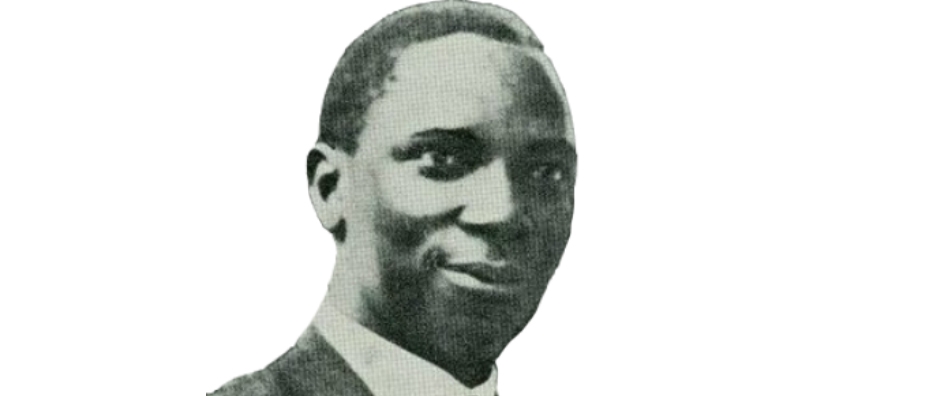
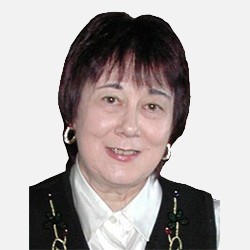
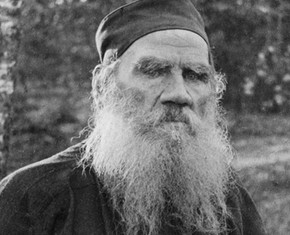
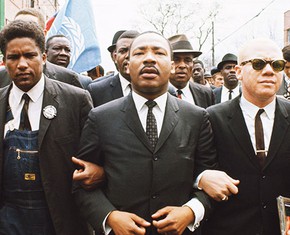
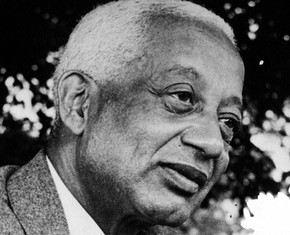









This is statement was published in an interview to an Angolan web journal “Maka Angola” published in May 2015.
He not only was not a fool, but the wise man who gave his life for a bigger cause. He gave his life not only for progress of people of Guinea, but for the welfare, growth and progress of humanity. He gave his life for the Lord of creation and Unifier of the world...